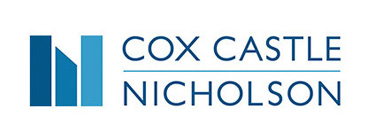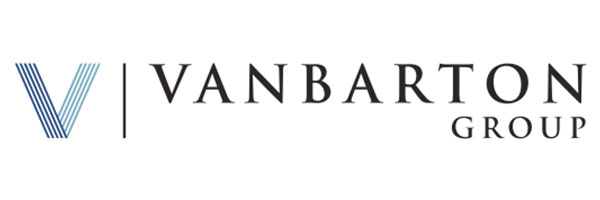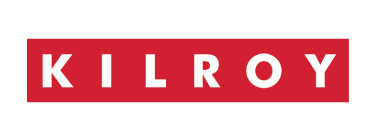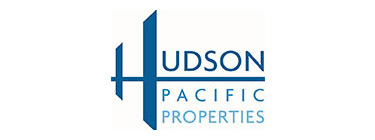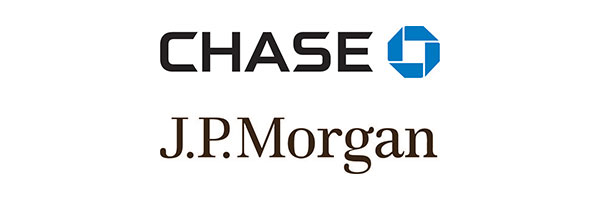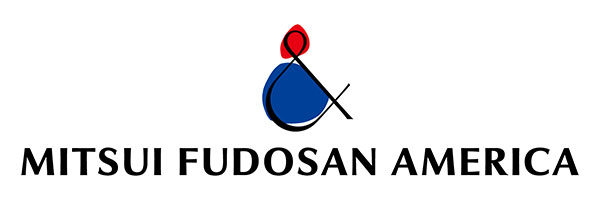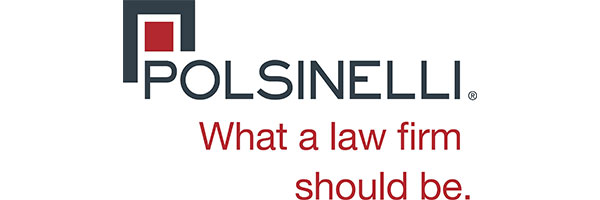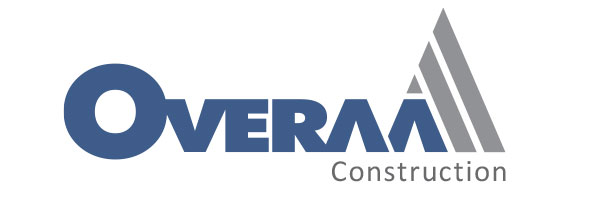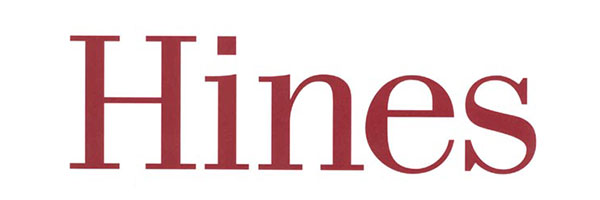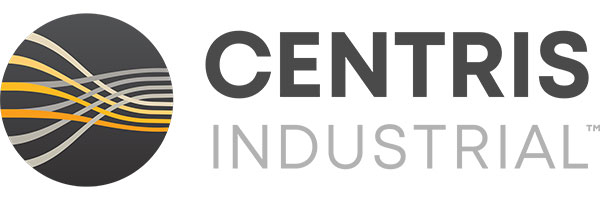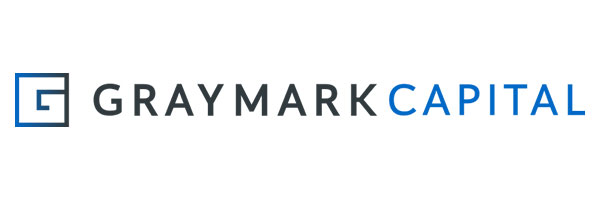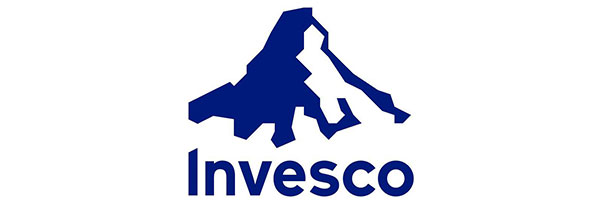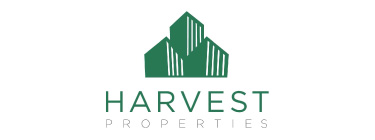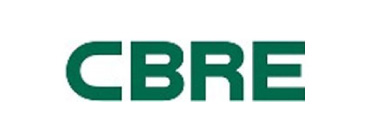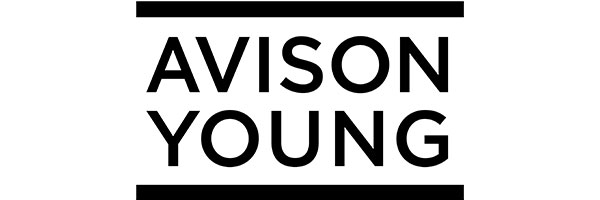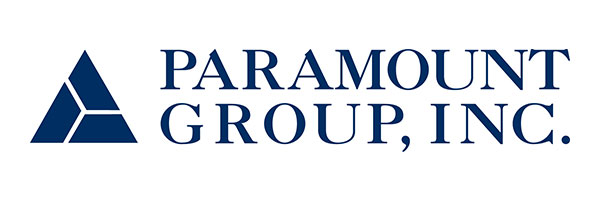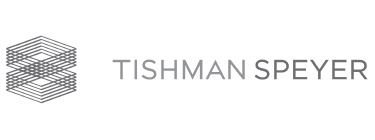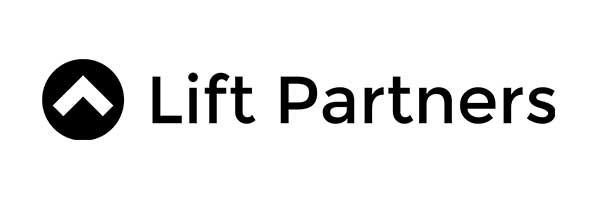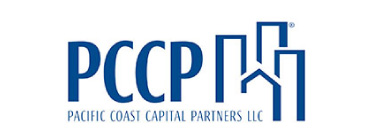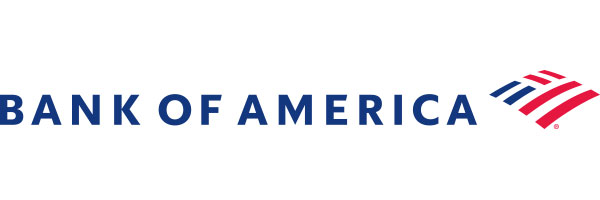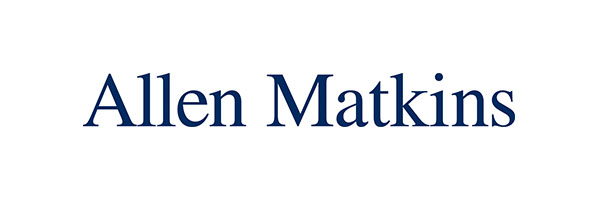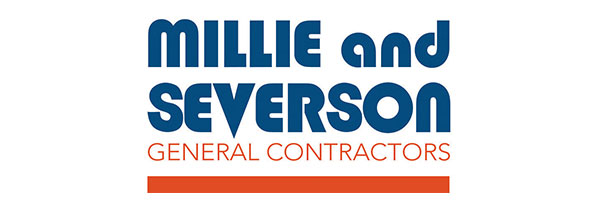CBPA's California Legislative Update 8/27/2021
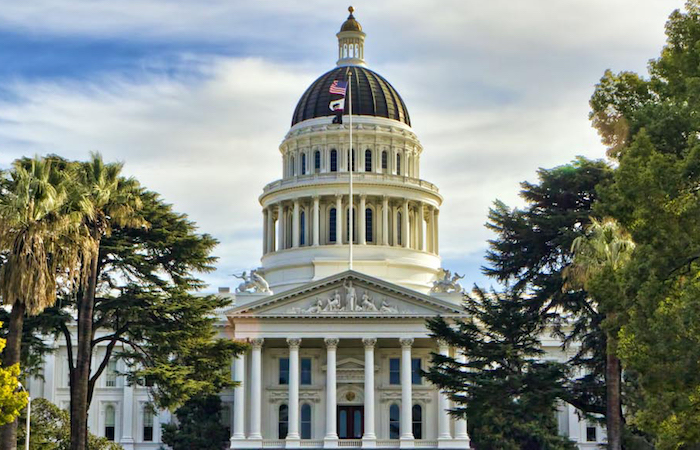
- ACTION! CARBON NEUTRALITY BILL PASSES APPROPS
- ACTION! BILL TARGETING WAREHOUSES ADVANCES
- TRAUMA KIT MANDATE HELD ON SUSPENSE
- BUSINESS COMMUNITY VACCINATION MANDATE
- OTHER BILL HELD ON SUSPENSE
- CBPA 2021 CALENDAR
ACTION! CARBON NEUTRALITY BILL PASSES APPROPS
AB 1395 (Muratsuchi; D-Torrance) passed of the Senate Suspense File yesterday and a large coalition of businesses are working together to stop the bill.
The bill would establish new climate goals to achieve 90% emission reductions by 2045 with undefined policies.
This bill will cost $4 TRILLION over next 25 years and put hundreds of thousands of good paying jobs at risk.
AB 1395 requires the state to achieve “carbon neutrality” no later than 2045 and requires that greenhouse gas emissions be reduced to 90% below the current statewide limit which was just recently tightened.
Businesses are just six months into meeting current climate goals and the Legislature is now moving along an even more extreme and economically unfeasible emission reduction goal!
Although it is estimated that individual commercial buildings produce less than 6% of our state’s GHG emissions, rules and regulations tend to assign the emissions from vehicles traveling to your facilities to you, which meals the drastic measures that will need to be undertaken to comply with this bill will be magnified in our sector.
Please share this message and/or go here to Tweet about this and let your voice be heard.
ACTION! BILL TARGETING WAREHOUSES ADVANCES
Please join the growing coalition of businesses that are trying to stop AB 701, a bill targeting the warehouse sector.
AB 701 (Gonzalez; D-San Diego) passed the Senate Judiciary Committee Suspense File on a partisan vote and will now move to the Senate Floor. We need your voice heard to help stop this bill.
Although, AB 701 has been amended for the better several times, it remains a grave concern to the warehouse and good movement industries as it will micromanage how logistics centers are operated and drive more and more companies just across the borders into Arizona and Nevada.
While we agree with the overall notion that employee health and safety is important, we disagree with this bill as it is a one size fits all idea that treats every warehouse the same and micromanages how employers manage their business. These above fixes are good for us, but not enough to remove our opposition on the legislation.
Our industry is very active as part of a broad coalition opposing AB 701 including the CalChamber, California Trucking Association, California Manufacturers & Technology Association, California Retailers Association, California Farm Bureau, and many others, as the practical impacts and precedent of the bill will have long lasting and negative impacts on many sectors of the economy, not just warehouse operators.
AB 701 is a flawed and excessively broad regulation of warehouse distribution centers. Everything we buy and use moves through the manufacturing, storage, and distribution process. Whether it’s our food moving from the farm to fork or clothes from the thread to our closet, we will all pay the price for AB 701.
Click here to help stop AB 701!
TRAUMA KIT MANDATE HELD ON SUSPENSE
This week, SB 687 (Hueso; D-San Diego) a bill that improperly requires building managers/property owners to install and provide training material to tenants on how to use a tourniquet meant for tactical combat casualty care, was HELD by the Assembly Appropriations Committee’s “Suspense File.” The bill will no move forward this year.
The bill has raised great concern with our industry as it also lacks any liability protections for those properties that are mandated to install the kits and, in fact, may remove any protections under law by mandating installation. This was the fifth time the sponsors of the bill tried to pass a measure – and we expect they will be back again sometime in the future.
SB 687 inappropriately mirrors the statute that was carefully written to fix issues related automated external defibrillator (AED) liability issues. AEDs are technology that need a connection to a building’s energy supply. Trauma kits do not need any power supply or physical connection to the building and, thankfully, have much less demand for use.
Additionally, SB 687 does not acknowledge the safety and security procedures that commercial properties already undertake to ensure safety of the public while on our properties.
As we have explained to the author and other legislators, property managers are very competent at managing tenant needs and assuring building mechanical systems are operational, but they are not medical experts. This bill requires property managers, under state law, to provide complicated medical equipment and training on how to use tourniquets and other emergency medical technique is misplaced and should be accomplished by other, more reasonable means.
Finally, cardiac arrest is a likely issue that building managers/owners will have to deal with, and AEDs are “foolproof,” meaning if someone tries to inappropriately use one, you theoretically cannot harm the patient. The same cannot be said of applying a tourniquet and misapplying one can actually result in the loss of a limb, or worse, a life.
Although the intent behind SB 687 is commendable, this bill represents an inappropriate mandate on property managers and building owners that should be addressed through other means. Using a tourniquet or treating a gunshot wound is in no way comparable to using an AED and we oppose putting such requirements into statute.
We are asking the Appropriations Committee to “hold the bill on Suspense,” as we do not think the benefits of the bill outweigh its costs as outlined above.
Click here to read the Judiciary Committee analysis of the bill.
BUSINESS COMMUNITY VACCINATION MANDATE
Over this past week there has been furious activity on the part of some Legislators to mandate employers be responsible for policing their workforce and requiring COVID vaccinations and testing and for certain businesses and/or building owners to be required to regulate vaccination status for members of the public entering their premises.
Although our industry supports vaccinations, we are working with policymakers on practical concerns surrounding the requirement the private enterprises be required to enforce government health mandates.
As of Friday afternoon, the situation is very fluid and ideas and language are flying around at a very fast pace.
But two bills are currently the focus of discussion. AB 455 and AB 1102. AB 455 is the stronger employer mandate bill that will likely be backed by medical advocacy groups. AB 1102 is a proposal that has more business support as it is more permissive in allowing employers to impose vaccine requirements, but not mandate it, while tying actions to the Governor’s emergency declarations.
There are many many more details being discussed, but for purposes of the eWeekly, we just want to make sure you know that CBPA/BOMA/ICSC/NAIOP/IREM and all of our many individual members are actively engaged when you read about it over the next few days.
In the meantime, here is the statement we made last Friday as this issue was in its nascent stages of coming to the fore:
California Business Community Leaders:
Thank you for continuing to be part of the solution in slowing the spread of COVID-19 and encouraging vaccines for all eligible Californians. From developing and manufacturing the vaccine, to distributing it across the state and nation, to setting up vaccine clinics and offering incentives to employees and customers, the business community has played a vital role in getting safe, effective and life-saving vaccines in the arms of all eligible residents.
However, with the surge in cases and spread of the Delta variant, the state and local agencies are rapidly moving away from the “carrot-and-stick” approach to encourage vaccinations and instead are pushing for mandates to be enforced by business owners.
We strongly support the push to have all eligible residents vaccinated, but also know that California has unique labor laws and continues to be one of the most litigious states in the nation, leaving businesses of all size vulnerable to an onslaught of lawsuits should they seek to go further in their vaccine enforcement efforts.
The state and local officials have been moving quickly in this space, and we felt it necessary to move quickly as well. Last Monday, a subset of the broad business community issued a letter to the governor, Legislature and attorney general asking for their help in removing barriers that have kept many businesses from enacting further vaccine requirements for employees and customers.
Read the letter to Governor Newsom and Legislature.
Read the letter to Attorney General Bonta.
At the same time, we are hearing rumors of a potential legislative effort to push a statewide mandate requiring employees to be fully vaccinated or test weekly. There has been no discussion of liability relief, cost relief for testing, or any of the other issues we have raised with policymakers. CalChamber, which is also working on this, is currently reaching out to its membership regarding this issue, raising many of the same items we’ve previously raised with the governor and Legislature.
At a time when businesses are already facing massive labor shortages and looming tax increases due to the state’s inaction on the Unemployment Insurance Fund, increased litigation costs are the last thing businesses need.
We look are asking you to join in our efforts to push for balanced and workable solutions that empower and encourage businesses wanting to increase their vaccination requirements without fear of retaliation or frivolous lawsuits.
If you are interested in joining our coalition and effort, please respond to Brooke Armour at CBRT brooke@cbrt.org with your organization and the appropriate contact person. We will keep you updated on further developments on this issue and may ask for your support in elevating it with legislators, local officials and your members and local businesses.
Thank you again and please do not hesitate to reach out to any of us if you have additional questions or concerns.
Thank you,
Rob Lapsley
President, California Business Roundtable
Rachel Michelin
President and CEO, California Retailers Association
Rex Hime
President and CEO, California Business Properties Association
Jot Condie
President and CEO, California Restaurant Association
John Kabateck
State Director, National Federation of Independent Business, California
Please click here for an online version of this letter that you can share.
OTHER BILL HELD ON SUSPENSE
Here is a list of priority bills our industry has been working on that were held on suspense at yesterday’s hearings:
AB 13 (Chau D) Public contracts: automated decision systems.
AB 753 (Grayson D) Barry Keene Underground Storage Tank Cleanup Trust Fund Act of 1989: brownfields remediation and redevelopment.
AB 814 (Levine D) Personal information: contact tracing.
AB 1017 (Quirk-Silva D) Public restrooms: Right to Restrooms Act of 2021.
AB 1260 (Chen R) California Environmental Quality Act: exemptions: transportation-related projects.
AB 1329 (Nazarian D) Building codes: earthquakes: functional recovery standard.
AB 1401 (Friedman D) Residential and commercial development: remodeling, renovations, and additions: parking requirements.
AB 1431 (Frazier D) Forestry: forest carbon and resilience goals.
AB 1573 (Committee on Jobs, Economic Development, and the Economy (Small business technical assistance: California Business Retention Program.
SB 18 (Skinner D) Hydrogen: green hydrogen: emissions of greenhouse gases.
SB 72 (Rubio D) Property insurance: wildfire risk information reporting.
SB 99 (Dodd D) Community Energy Resilience Act of 2021.
SB 420 (Umberg D) Unemployment insurance: Unemployment Insurance Integrity Enforcement Act.
SB 551 (Stern D) California Zero-Emission Vehicle Authority.
SB 687 (Hueso D) Emergency response: trauma kits.
SB 743 (Bradford D) Housing developments: broadband adoption: grant program.
These bills are all “dead” for the year.
CBPA 2021 CALENDAR
2021
***POSTPONED TO MARCH 2022***
Thursday, October 21
Industry Awards Dinner
The Renaissance Hotel, Newport Beach
Thursday-Friday, December 2 - 3
Strategic Issues Conference & CBPA Board Meeting
Embassy Suites, Napa Valley
For more information on any of our events, please contact Melissa Stevens at 916-443-4676 or mstevens@cbpa.com.


